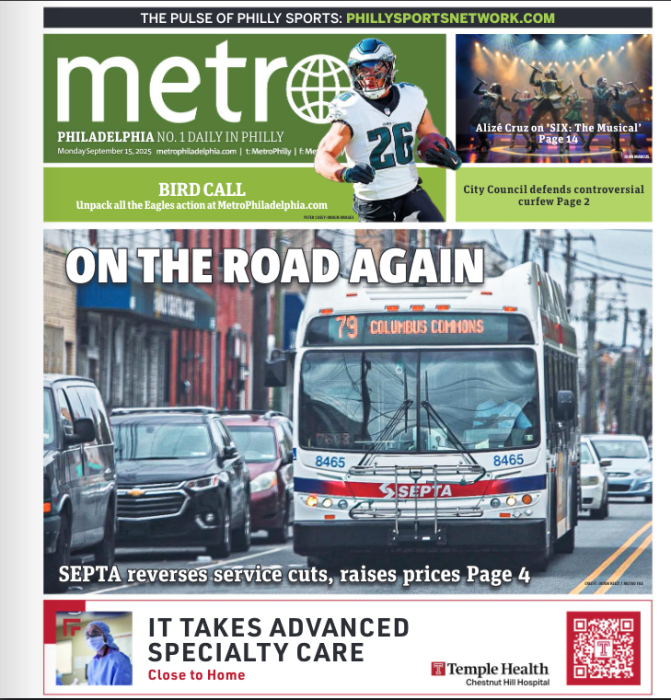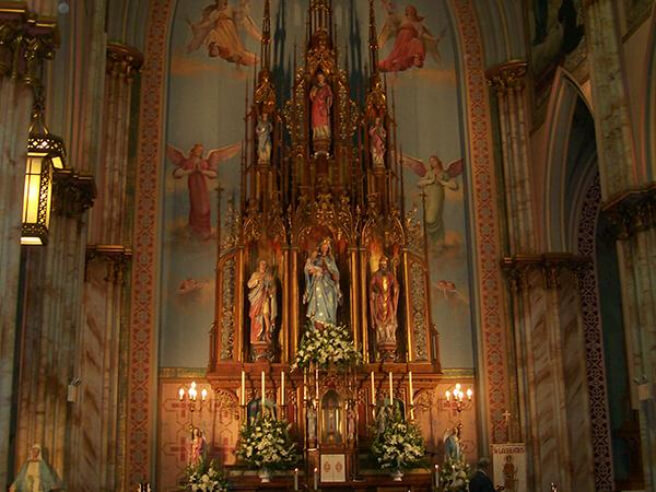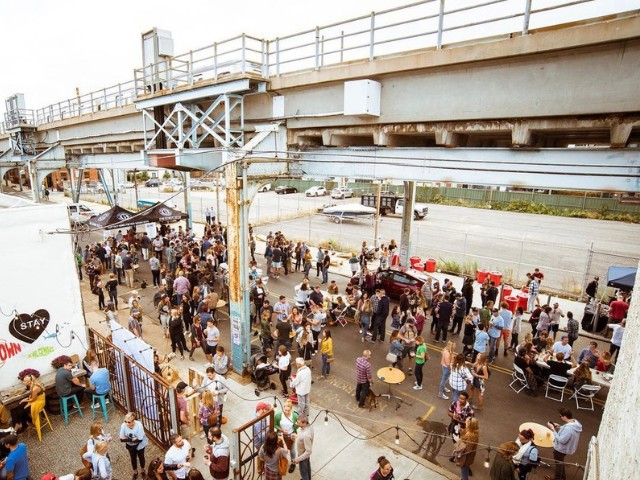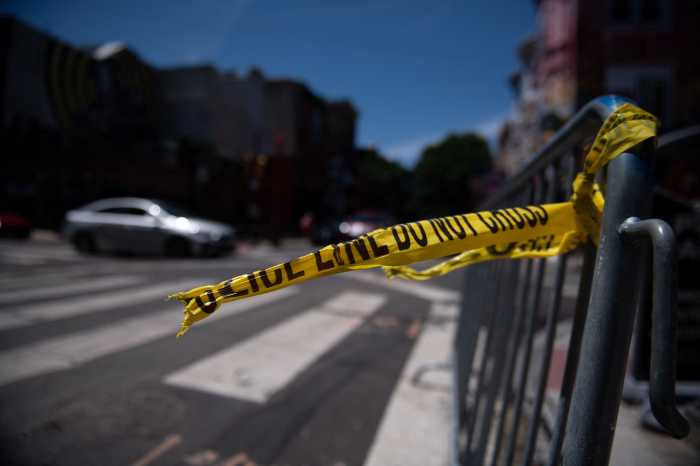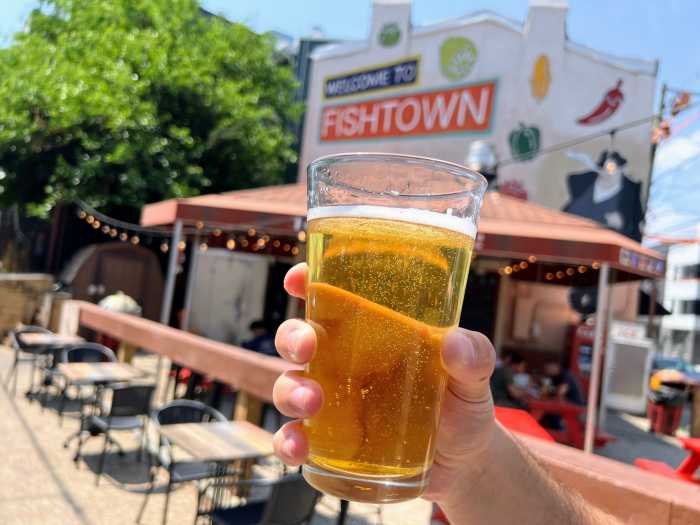Over a century’s worth of history packed into one building has been saved from demolition. Saint Laurentius church in Fishtown has recently been sold to a New Jersey developer who plans to turn the 19th-century church into an office building and ultimately save the structure from total demolition. Neighbors and residents of the area have been campaigning to have the Saint Laurentius saved for years.
According to the Associated Press, developer Humberto Fernandini said he purchased the church, which was built in 1882 with the donations of Polish immigrants, after the development team that initially tried to save it transferred to him its agreement of sale. “I love the church itself. I think it’s an amazing project, and I was sort of enamored with the building,” Fernandini told the paper. “We are committed to keeping the church standing; however, we are still evaluating the structural integrity of [the building’s] towers.”
AP also reported that the Archdiocese of Philadelphia soon after released a statement about the sale, “while it is disappointing that this day did not come much sooner, due to a variety of challenges, all are relieved that the building has been sold.”
The church was first closed in 2014 due to “vertical cracks” and a “heavily deteriorated” facade that threatened collapse. The repairs to fix the church years ago would have cost upwards of $3.5 million to repair and restore. Supporters said their estimates totaled only $700,000. The Philadelphia Historical Commission added the church to the city’s historic register in 2015, according to the Associated Press.
More reports on the church followed soon after. In March, the city licenses and inspections department claimed that the northern towers of the church might need to be demolished for public safety. Then, a few months later in December, it was reported that the church was actually in better shape.
According to the Associated Press, Mayor Jim Kenney signed into law last year a trio of bills aimed at making preservation of buildings easier, including one that gives historic “special-use properties” such as churches and theaters more flexible zoning options without a variance.
There have been other developers interested in the church as well. One was looking to make the building into apartments. However, a neighborhood group appealed that proposal citing the site needed to be kept as a sacred place.
Fernandini said he decided to take over the agreement of sale and was considering transforming the property into “offices with perhaps a small cafe” on the first floor, according to Associated Press. Ferandini will also seek opinions from other structural engineers on the safety of the towers.
